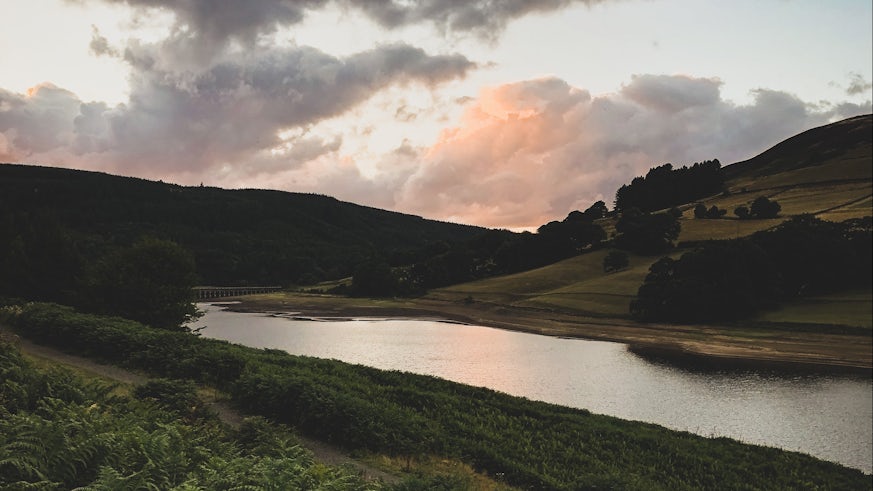PhD Insights: In-situ sensors and citizen science for effective river water quality monitoring
8 February 2021

PhD student Elle von Benzon is participating in the development of a low-cost wireless sensor, accessible to citizen scientists, that will monitor river water quality in real-time.
In 2020, the Environment Agency reported that none of the English rivers monitored had passed the new chemical water quality standards set.
Water quality monitoring across UK river catchments carried out by regulatory bodies is currently thought to be insufficient to allow a comprehensive understanding of the array of issues affecting catchments. The most widely used techniques do not enable data to be obtained at sufficient temporal resolutions.
River quality changes on the timescale of minutes to hours, but commonly used ‘grab sampling’ techniques analyse samples on a weekly, monthly or less frequent basis. Therefore, key contamination incidents and other important events affecting river water quality are often missed.
In-situ sensors are an alternative to grab sampling techniques and allow a range of water quality parameters to be continuously monitored. Wireless sensor networks now also connect water quality sensors to online platforms, allowing data to be viewed remotely in real-time. However, most commercially available sensors are costly and therefore not currently in widespread use.
As part of her research, PhD student Elle von Benzon, from the School of Earth and and Environmental Science's Cold Climate Research Group, participates in the development a low-cost wireless sensor called 'Hydrobean'. This new tool will help infer water quality status and predict the occurrence of contamination incidents by transmitting real-time water quality data, including electrical conductivity, temperature and pressure, to an online platform.


Hydrobean has been designed specifically for use by citizen scientists, and will be accessible to communities seeking to assess water quality in their local river catchments. Citizen scientists greatly increase monitoring capacity and enable water quality to be assessed at many more sites than is possible with professional scientists alone. Elle is working with citizen scientists to understand the benefits and limitations of current water quality monitoring programmes.
She says: “It’s great working with citizen scientists and rivers trusts who are passionate about protecting and improving the health of their local rivers and streams. Finding methods that both provide meaningful datasets and meet the requirements of community monitoring programmes is an exciting challenge to be part of.’’
Hydrobean is currently being tested in Welsh streams. As the research progresses, the sensor will be trialled across the Tamar catchment with volunteer citizen scientists from Westcountry Rivers Trust.
Find out more about Elle's work, please contact her at vonbenzonem@cardiff.ac.uk.




